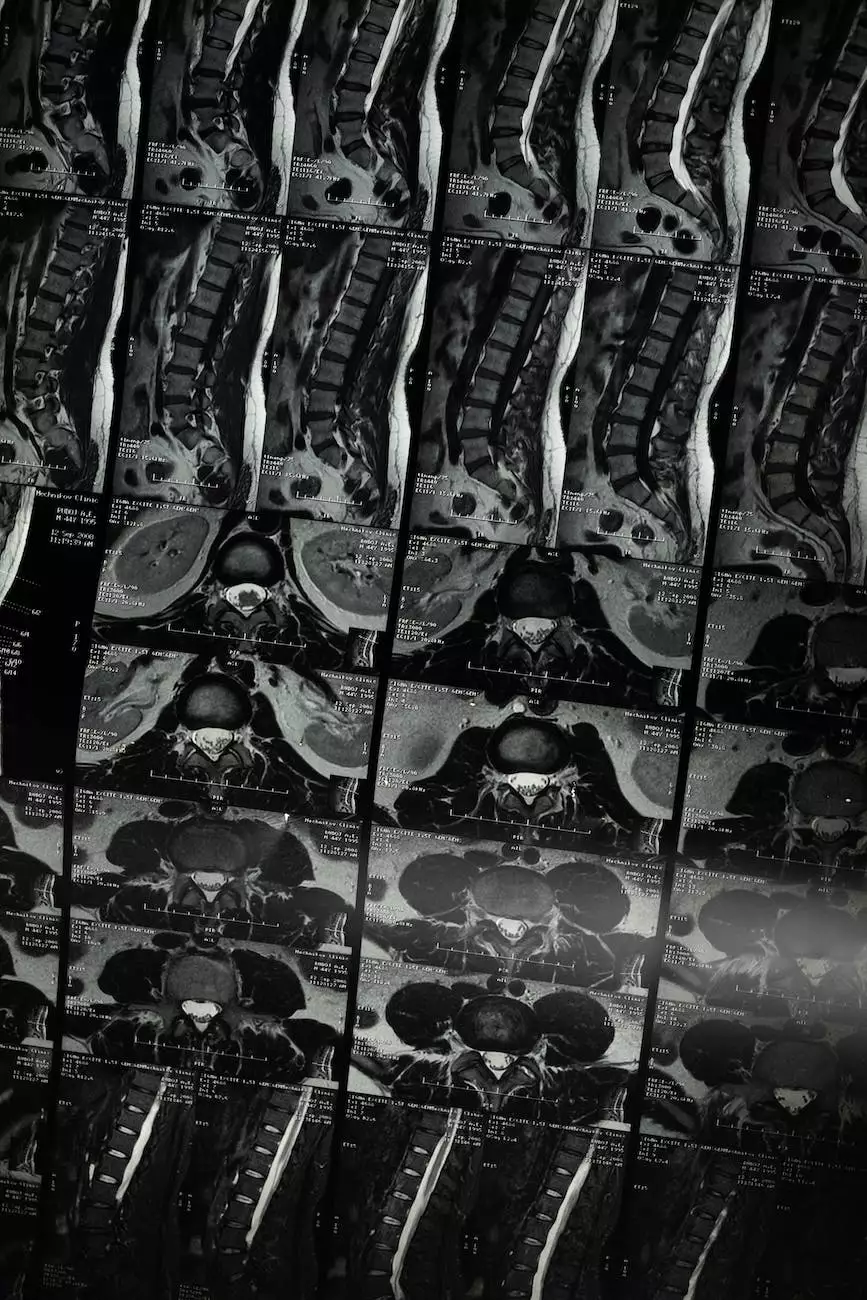Infographic: Rett Syndrome Stages and Interventions

Welcome to Foley James D MD, your trusted source of information on various health topics. In this comprehensive guide, we will explore the stages of Rett Syndrome and provide insights into the interventions recommended for each stage.
Understanding Rett Syndrome
Rett Syndrome is a rare genetic disorder that primarily affects girls, occurring in approximately 1 in every 10,000-15,000 live female births. It is caused by mutations in the MECP2 gene and impacts various aspects of a child's growth and development.
Stage 1: Early Onset
In the early stages of Rett Syndrome, typically between 6 and 18 months of age, parents may notice a slowing down of development. The initial signs may include a loss of purposeful hand skills, decreased social engagement, and a delay in language acquisition.
Interventions for Stage 1
Early intervention is crucial in helping children with Rett Syndrome reach their full potential. Speech therapy can aid in developing communication skills, while occupational therapy can assist with fine motor skills. Physical therapy helps maintain muscle tone and mobility.
Stage 2: Rapid Deterioration
During stage 2, which typically occurs between the ages of 1 and 4, the symptoms of Rett Syndrome become more pronounced. Physical and cognitive abilities may deteriorate rapidly, leading to loss of purposeful hand movements and significant motor control difficulties.
Interventions for Stage 2
Occupational therapy plays a crucial role in maintaining hand function and promoting independence. Adaptive aids and assistive technologies may be recommended to enhance communication abilities. Consulting with a nutritionist can ensure proper dietary needs are met.
Stage 3: Plateau Stage
Stage 3 usually begins between the ages of 2 and 10, and it is characterized by a stabilization of symptoms. Motor skills plateau, and there may be improvements in hand use and communication abilities. Factors such as sleep disturbances, breathing abnormalities, and seizures may become more prominent.
Interventions for Stage 3
Consistent and individualized speech therapy continues to be important in improving communication skills. Physical therapy helps with mobility and prevents musculoskeletal complications. Close monitoring of any associated medical conditions is crucial during this stage.
Stage 4: Late Motor Deterioration
During stage 4, typically starting around the age of 10, individuals with Rett Syndrome experience a decline in mobility and motor function. Hand skills may regress, and there may be an increase in breathing problems, scoliosis, and other related complications.
Interventions for Stage 4
Assistive devices and mobility aids can greatly enhance quality of life during stage 4. Physical and occupational therapy continue to play pivotal roles in maintaining mobility and independence. Close collaboration with specialists in managing respiratory and musculoskeletal issues is essential.
Living with Rett Syndrome
Rett Syndrome poses unique challenges for both individuals diagnosed with the condition and their families. It is essential to create a supportive environment that encourages thriving and focuses on maximizing quality of life.
Supporting Communication and Social Interaction
Encouraging meaningful social interactions is vital for individuals with Rett Syndrome. Augmentative and alternative communication devices, such as eye gaze systems or communication boards, can facilitate effective expression. Engaging in activities that promote socialization can assist in building connections with peers and loved ones.
Adapting the Environment
Modifying the living environment to cater to the specific needs of individuals with Rett Syndrome can greatly enhance their comfort and independence. This may involve providing adaptive furniture, safety modifications, and sensory-friendly spaces that minimize potential triggers.
Promoting Emotional Well-being
Supporting emotional well-being is crucial for individuals with Rett Syndrome and their families. Access to counseling services, support groups, and respite care can help manage the challenges and provide relief for caregivers. Ensuring a balance between structured routines and leisure activities helps promote a sense of fulfillment.
Conclusion
Rett Syndrome presents unique challenges at each stage of development, but with the right interventions and support, individuals with this condition can lead fulfilling lives. Foley James D MD aims to provide valuable information on Rett Syndrome and other health-related topics to help you navigate through the complexities of various conditions and make informed decisions.










